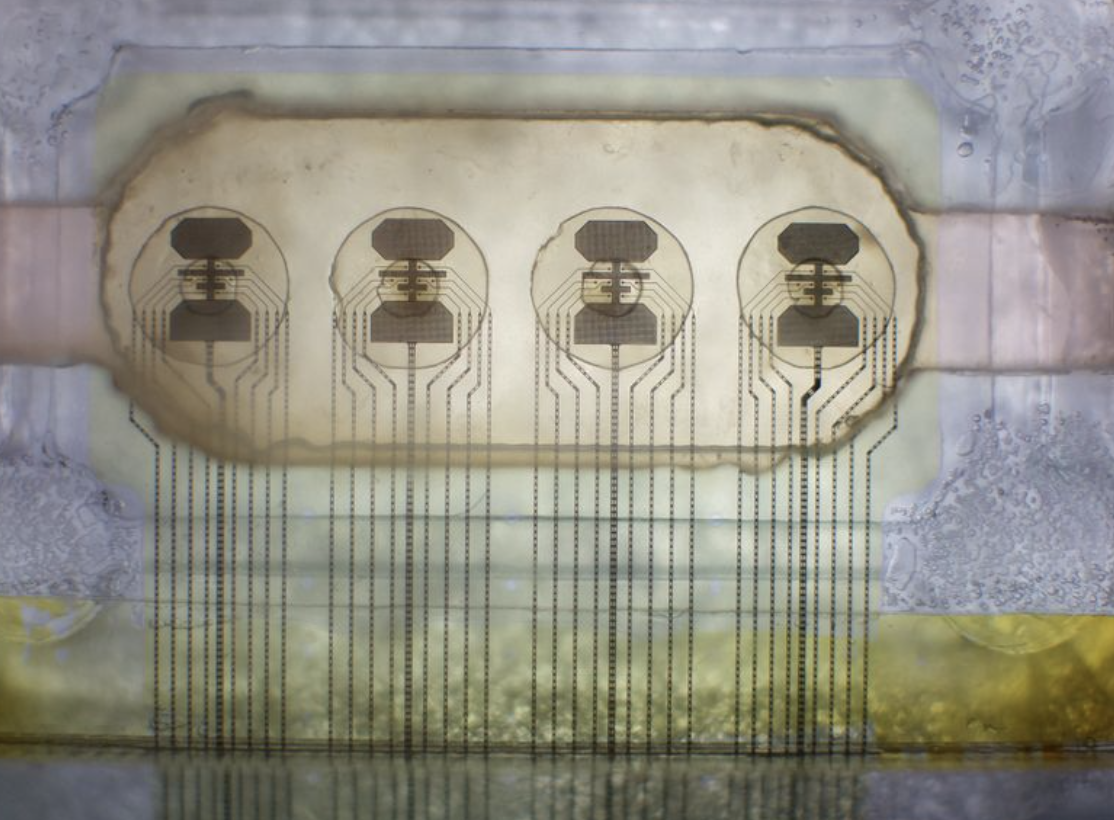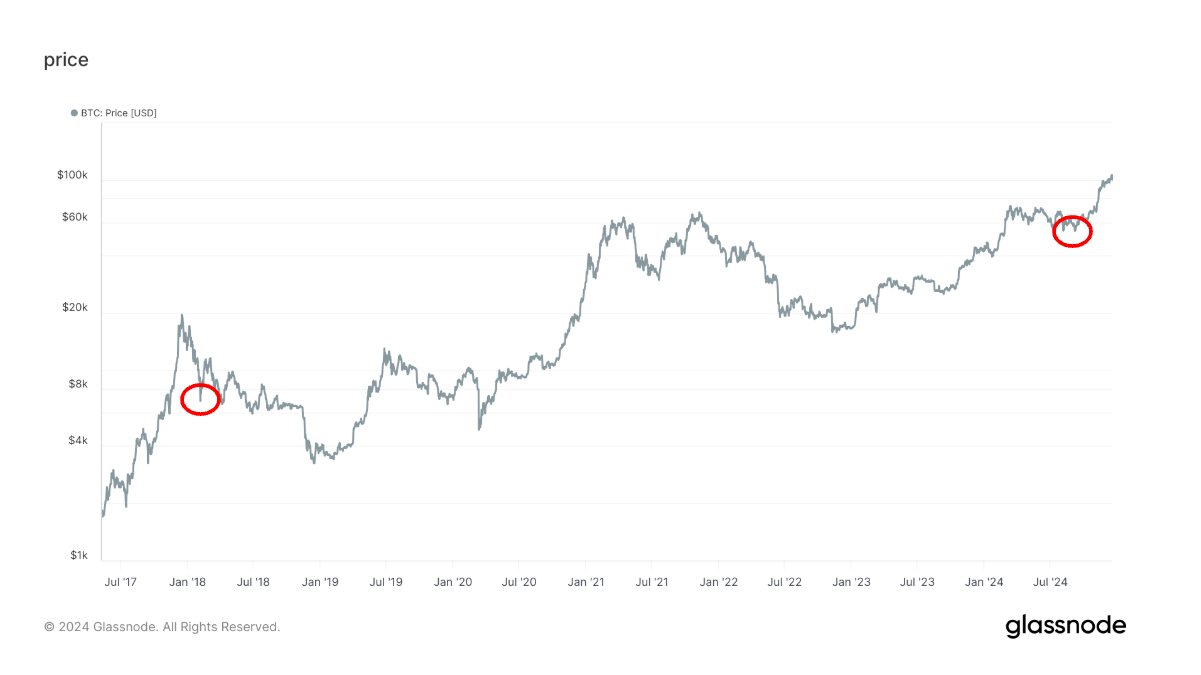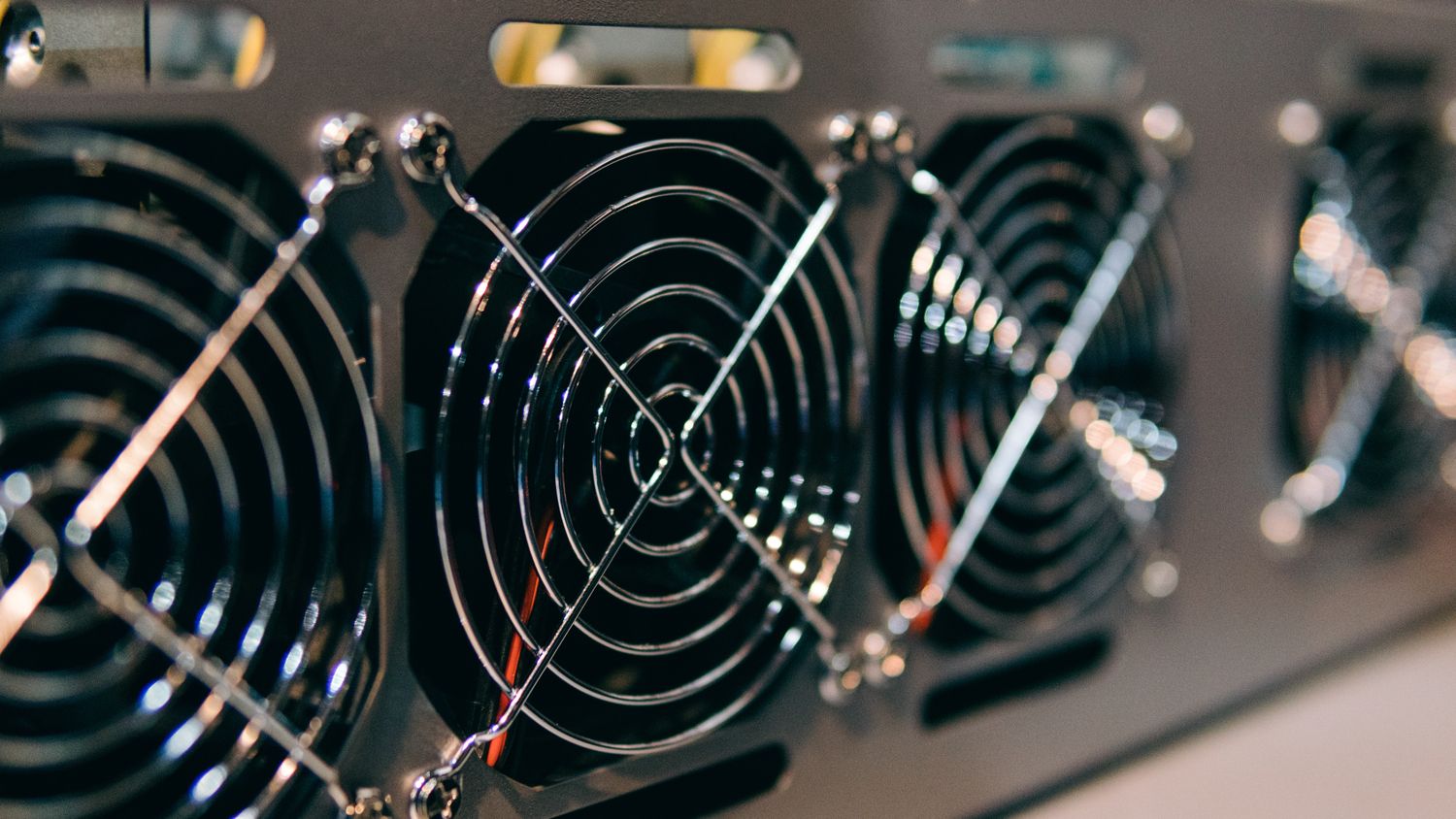Summary:
Osmo is pioneering the digitization of smells using artificial intelligence.
The Swiss company FinalSpark is innovating biocomputing to reduce AI's energy consumption.
FinalSpark's model allows researchers to rent access to biocomputers made from human brain cells for $500 a month.
Human brain cells provide a 20 Watts power efficiency for operations involving 86 billion neurons.
FinalSpark offers a live view of their organoids, raising ethical questions about cell harvesting.
The Next Frontier in AI: Smell Digitization
Digitising smells is being touted as the next revolutionary step for artificial intelligence, with projects like Osmo leading the charge. This innovative AI aims to generate smells much like we currently generate images and sounds.
 Living neurons on a chip. Source: FinalSpark
Living neurons on a chip. Source: FinalSpark
The team at Osmo, spearheaded by Alex Wiltschko from Google Research, is exploring how neural networks can create olfactory experiences. With backing from prominent investors such as the Bill and Melinda Gates Foundation and Google Ventures, Osmo is on a promising path.
Biocomputing: The Evolutionary Leap for AI
Parallel to this, the Swiss company FinalSpark is exploring biocomputing as a solution to the immense power consumption of current AI technologies. Traditional AI systems consume ridiculous amounts of energy, but FinalSpark aims to revolutionize this with a biological approach—using human brain cells.
FinalSpark has developed a model where researchers can rent access to biocomputers composed of these brain cells for an affordable rate of $500 per month. They boast a remarkable power efficiency, drawing only 20 Watts for operations that involve 86 billion neurons—a feat that silicon-based AI has yet to achieve.
For those interested, FinalSpark offers a live view of their 0.5 millimetre organoids, which can function for about 100 days when connected to electrodes. The ethical implications of harvesting these cells remain a topic of discussion, though the company presents it humorously.
With these advancements, the future of AI could indeed smell sweeter than ever.







Comments